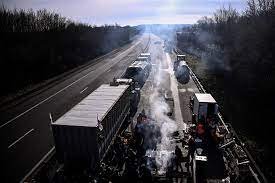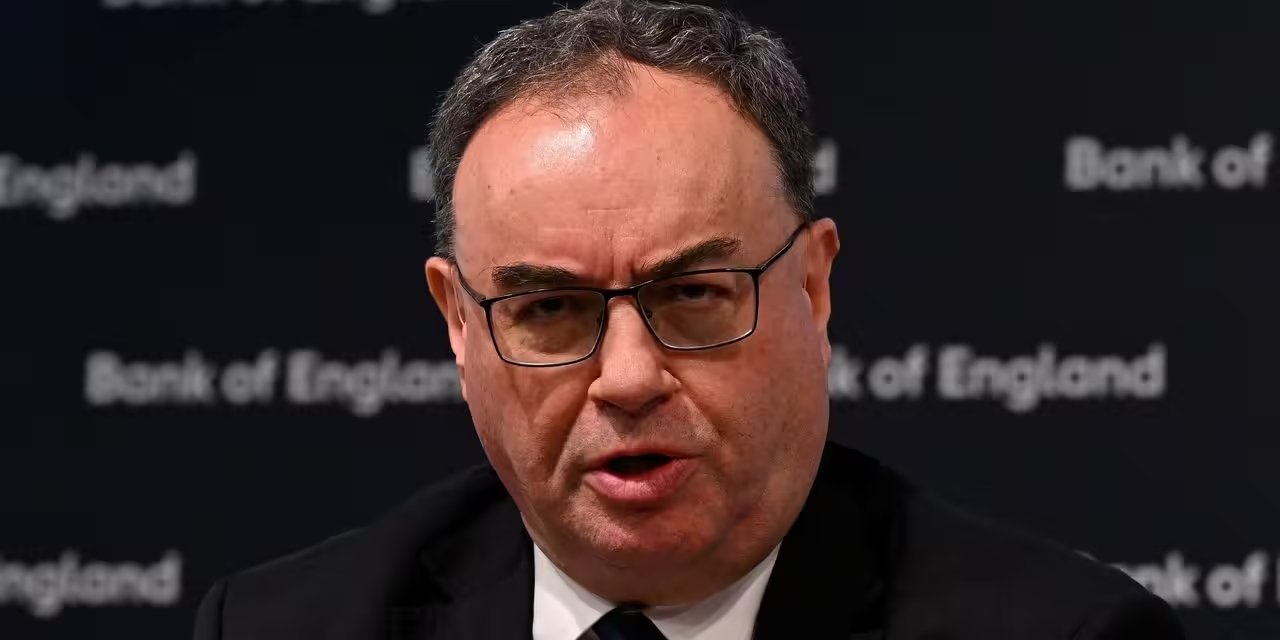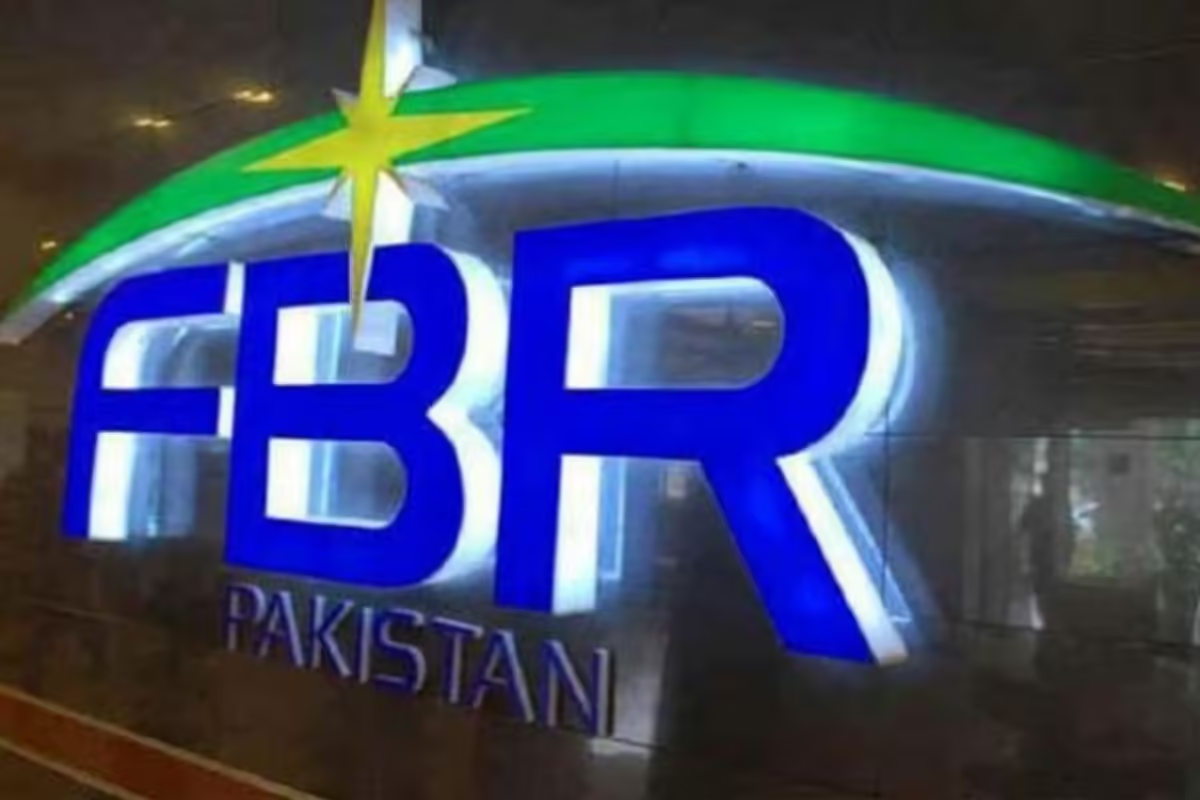As nationwide protests by agricultural workers demanding improved pay and living conditions intensify, France has heightened security measures in preparation for farmers converging on Paris. The European Union’s largest agricultural producer, France’s farmers allege unfair competition from less-regulated countries. In the past week, they have organized motorway roadblocks and damaged property, including government offices, to draw attention to their grievances.
Several farmers’ unions have called for protesters to establish transport roadblocks around Paris and target the Rungis food market. Farmer Daniel Faucheux expressed the aim to “encircle Paris” as he joined a convoy of French farmers’ vehicles and tractors heading to the capital.
In response to the protests, Paris police have increased security around Rungis and the Paris Roissy airport. Interior Minister Gerald Darmanin stated that the security measures aim to prevent tractors from entering Paris. However, he warned of disruptions on Monday in the Ile-de-France region, which encompasses Paris and nearby suburbs, adding that around 15,000 police would be involved in the security operation.
Darmanin acknowledged the economic impact of the roadblocks, stating, “We are losing a bit of our economic growth as a result of these roadblocks.” The protests in France mirror similar actions in other European countries, including Germany and Poland, leading up to the European elections in June, where far-right groups, seen as representing farmers’ interests, are expected to gain ground.
Far-right leader Marine Le Pen, a prominent opponent of President Emmanuel Macron, visited protesters in northern France, emphasizing the need to protect farming from free trade agreements. Despite the government’s recent decision to abandon plans to gradually reduce state subsidies on agricultural diesel, many farmers continue to demand more comprehensive measures to alleviate financial and administrative pressures.



